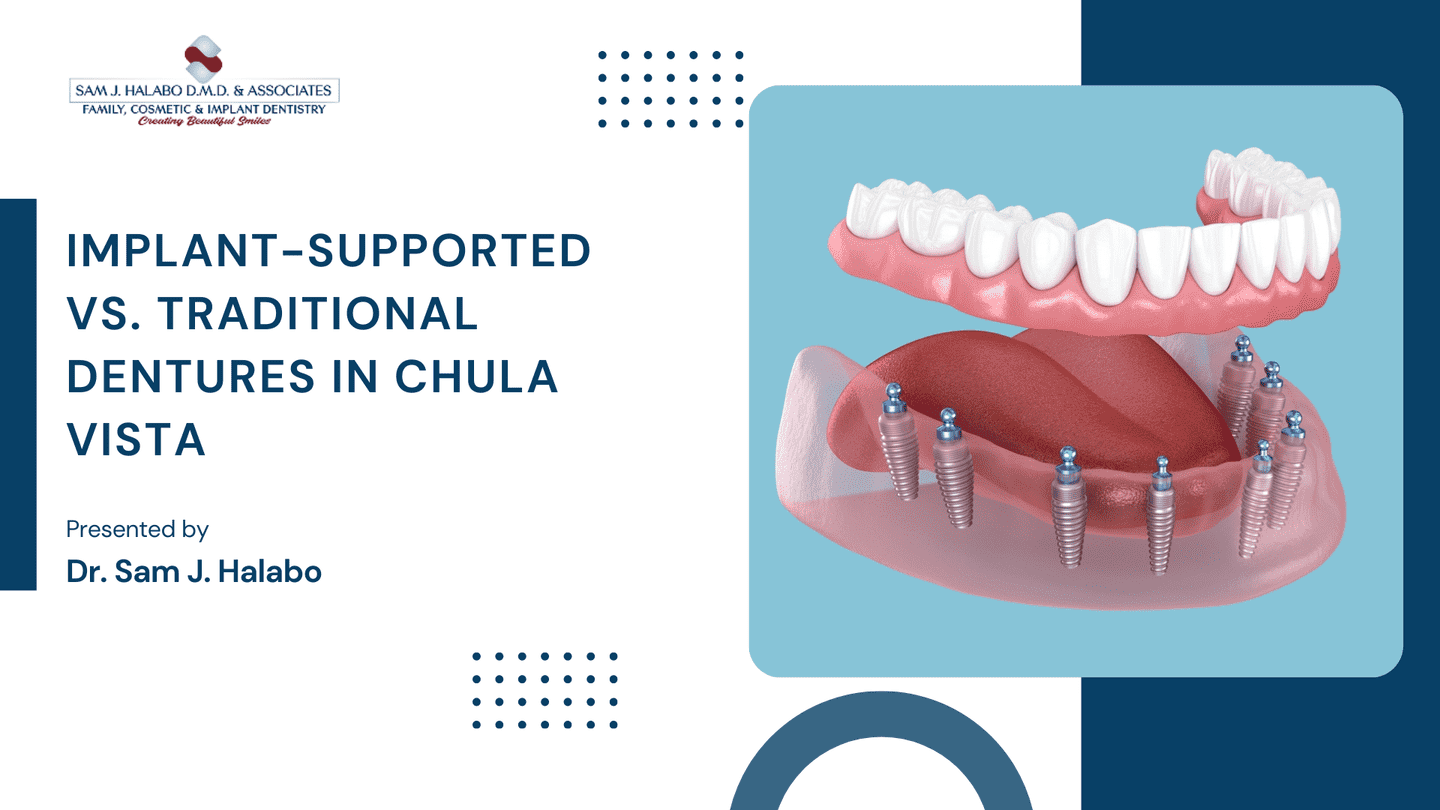Lost teeth can impact your eating abilities, as well as lower your confidence level. That is when Dentures in Chula Vista become the perfect option. They can assist you in filling up missing teeth, stabilizing the jaw, and aiding in chewing functions.
The proper denture will improve comfort and stability and keep your overall oral care in top shape for a long time to come.
How Can A Dentist Help You Choose the Right Type of Denture?
Your dentist in Chula Vista will assess your oral condition, your jawbone, and your way of life and lead you to the ideal selection of dentures.
Your dentist will show you the contrast between your traditional versus implant-supported dentures and inform you in full detail about the fitting and maintenance involved.
A professional consultation ensures your denture is as comfortable as it is functional at its best.
Find a Dentist for Denture Care
If you are looking for a dentist near you for dentures, you may want to consider a local dental practice to make follow-up appointments quick and painless.
It is beneficial to have easy access to your dentist, especially if you are new and may require multiple visits to get your denture to fit appropriately.
What are Implant-Supported Dentures?
Implant-supported dentures in Chula Vista are dentures that have been secured with dental implants and are surgically placed in your jawbone.
This type of denture prevents movement and provides the strong biting power that is needed while eating and speaking; it can also prevent slippage while chewing.
Additionally, an implant-supported denture may help to maintain bone in the jaw, where traditional dentures cannot.
Benefits include:
- Strong and stable fit
- Increased limitations of chewing
- Prevention of bone loss
- Feels more natural than a traditional denture
How Partial Dentures Can Help
Partial dentures in Chula Vista are used if you are set to replace one or a few teeth instead of a full set.
Partial dentures, in contrast to full or traditional dentures, can connect to your natural teeth using clasps or precision connectors to fill gaps, allowing you to avoid shifting attempts to other teeth or dental work.
Advantages of partial dentures:
- Prevent shifting of teeth
- Improves appearance
- Normalizes chewing abilities
- Easy to remove & clean
Comparing Implant-Supported vs. Traditional Dentures
Choosing between implant-supported and traditional dentures depends on your needs and budget. Here’s a comparison:
| Feature | Implant-Supported | Traditional Dentures |
| Stability | Fixed, stays in place | Can slip or move |
| Chewing Strength | Strong, like natural teeth | Moderate |
| Comfort | Feels natural | May cause sore spots |
| Bone Preservation | Helps prevent bone loss | Does not prevent bone loss |
| Cost | Higher upfront cost | Lower upfront cost |
Tips for Denture Care
Taking care of your dentures extends their life and ensures comfort:
- Brush your denture daily with a soft toothbrush or denture brush.
- Remove dentures for the night;
- Visit your dentist every so often, and
- Avoid “hard” sticky foods that may damage the dental appliance itself.
Remember, your denture(s) must also work “for you” and keep your mouth in great care.
Restore Your Smile with the Right Denture
Dentures can offer you a smile and enhance your quality of living. Whether you choose a traditional versus an implant-supported option, your visit to a professional dentist will only benefit your outcomes.
At Sam J. Halabo, our staff provides personalized attention to look at and replace your dentures. Call today to get closer to a confident smile.
Frequently Asked Questions
How do I know if I need dentures?
If you have gaps in your teeth and it’s difficult to chew or speak, dentures might be for you. A dentist can examine you and tell you for certain.
What’s the difference between implant dentures and regular dentures?
Implant dentures are held in place by implants, so they won’t shift. Normal dentures simply rest on your gums and will shift occasionally.
How do I care for my dentures?
Brush them gently every day, take them out before bed, and see your dentist for checkups.





